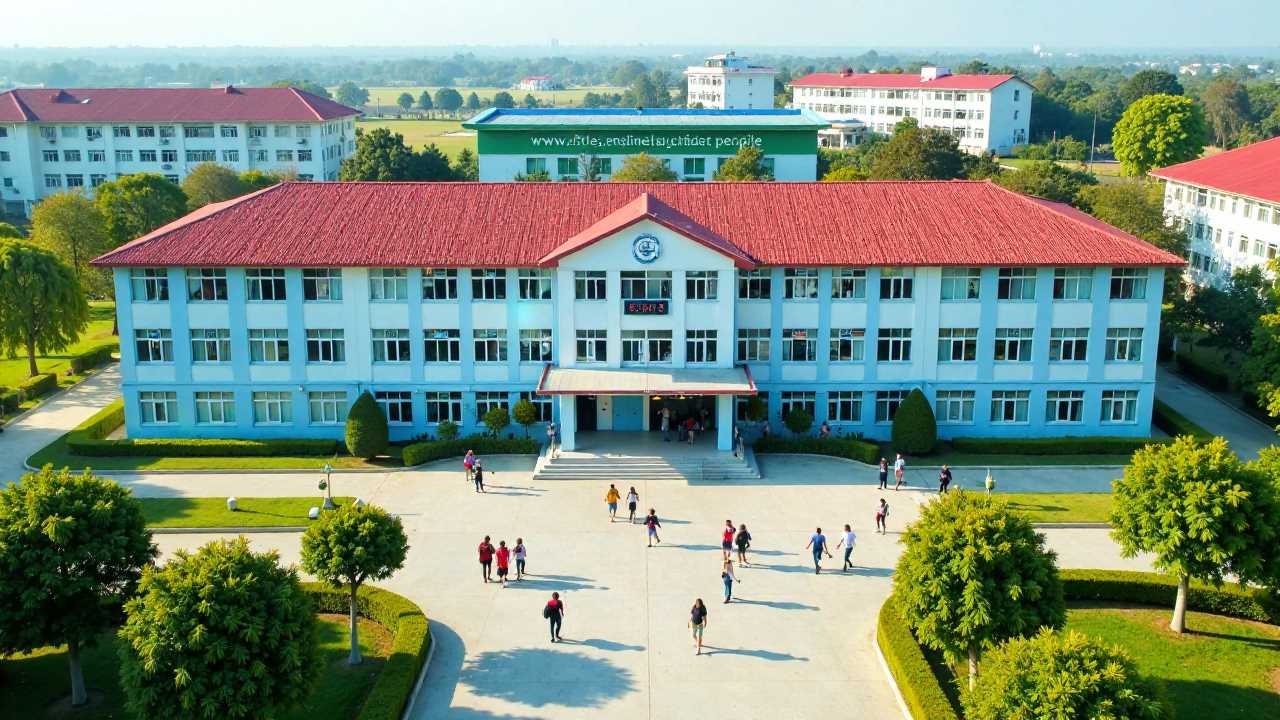
The Role of International Schools in Expatriate Life
International schools play a pivotal role in the lives of expatriates relocating to new countries. These institutions provide an educational environment that not only meets the academic needs of students but also fosters a sense of community among families from diverse backgrounds. For expatriates, finding a school that aligns with their values and educational expectations is often a top priority during relocation.
International schools typically offer a curriculum that is recognized globally, such as the International Baccalaureate (IB) or British and American systems. This ensures that children can seamlessly transition between different educational systems, maintaining continuity in their learning journey. The multicultural setting of these schools allows students to interact with peers from various cultures, enhancing their social skills and global awareness.
Multicultural Education: A Unique Advantage
One of the standout features of international schools is their multicultural education approach. These schools celebrate diversity, encouraging students to appreciate different cultures and perspectives. This is particularly beneficial for expatriate families, as it helps children adapt to their new environment while retaining their cultural identity.
The curriculum often includes language programs, cultural studies, and international events that promote understanding and respect among students. By participating in these activities, children develop a well-rounded worldview, preparing them for future global citizenship. Parents can feel confident that their children are receiving an education that values inclusivity and cultural exchange.
Building a Supportive Community
Relocating to a new country can be challenging, but international schools often serve as a community hub for expatriate families. Many schools organize events, workshops, and social gatherings that allow parents and children to connect with others facing similar experiences. This sense of community is invaluable as it provides a support network that can ease the transition into a new lifestyle.
Parents can share resources, advice, and experiences, helping each other navigate the complexities of living abroad. The friendships formed within this community can last a lifetime, creating a sense of belonging that is essential for emotional well-being during relocation.
Quality Education Tailored for Expatriates
International schools are committed to providing quality education that meets the needs of expatriate families. The teaching staff is often composed of highly qualified educators from around the world, bringing diverse teaching methodologies and perspectives into the classroom. This diversity enriches the learning experience, allowing students to benefit from various educational philosophies.
Moreover, international schools typically maintain smaller class sizes, ensuring that each student receives personalized attention. This individualized approach helps educators identify and address the unique learning needs of each child, fostering academic success and personal growth.
Adapting to a New Lifestyle
Relocating to a new country often requires expatriates to adapt to a different lifestyle. International schools play a crucial role in this adjustment process by providing a familiar structure and routine for children. The school environment helps children establish a sense of normalcy amidst the changes they are experiencing.
Additionally, many international schools offer extracurricular activities that cater to a wide range of interests, from sports to arts and music. These activities not only promote physical and creative development but also provide opportunities for children to make friends and integrate into their new community.
Choosing the Right International School
When selecting an international school, expatriate families should consider several factors to ensure the best fit for their children. Researching the school's curriculum, extracurricular offerings, and community involvement is essential. Visiting the school, meeting with teachers, and speaking with other parents can provide valuable insights into the school's culture and values.
It's also important to consider the school's location in relation to the family's residence. Proximity to home can significantly impact daily routines and overall convenience. Families should also inquire about the school's support services, such as counseling and language assistance, to ensure that their children receive the necessary support during their transition.
Embracing the Expatriate Experience
International schools offer expatriate families a unique opportunity to provide their children with a multicultural education that prepares them for a globalized world. By fostering a sense of community, offering quality education, and supporting families during relocation, these schools play an integral role in the expatriate experience.
As families navigate the challenges of living abroad, international schools stand out as beacons of support, helping children thrive academically and socially. Embracing this journey can lead to enriching experiences that shape the lives of expatriates and their children for years to come.
 Liveaboard LifestyleTravel DestinationsExPat Places to LiveRV LifeDigital Nomad TravelPrivacy PolicyTerms And Conditions
Liveaboard LifestyleTravel DestinationsExPat Places to LiveRV LifeDigital Nomad TravelPrivacy PolicyTerms And Conditions
